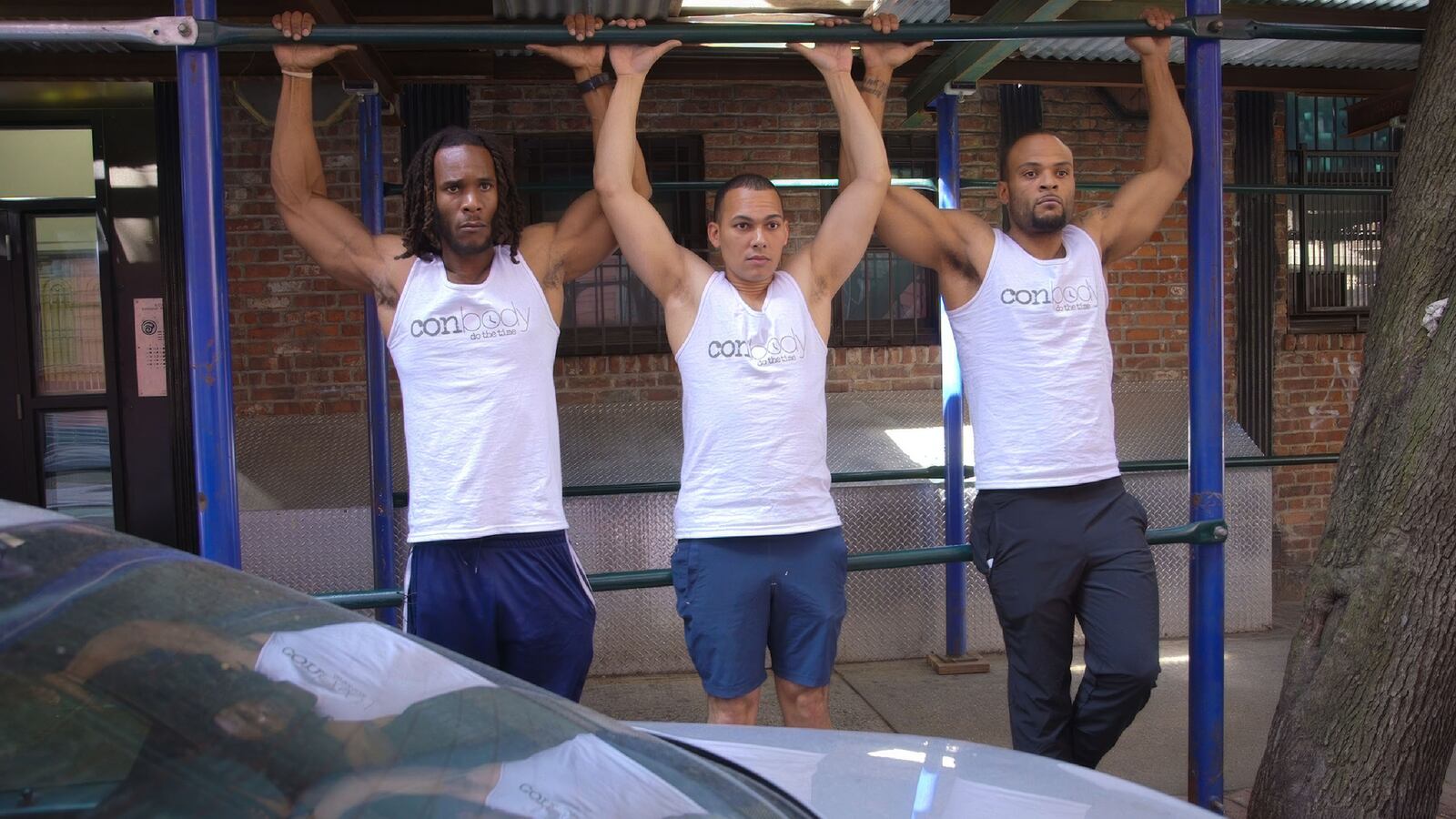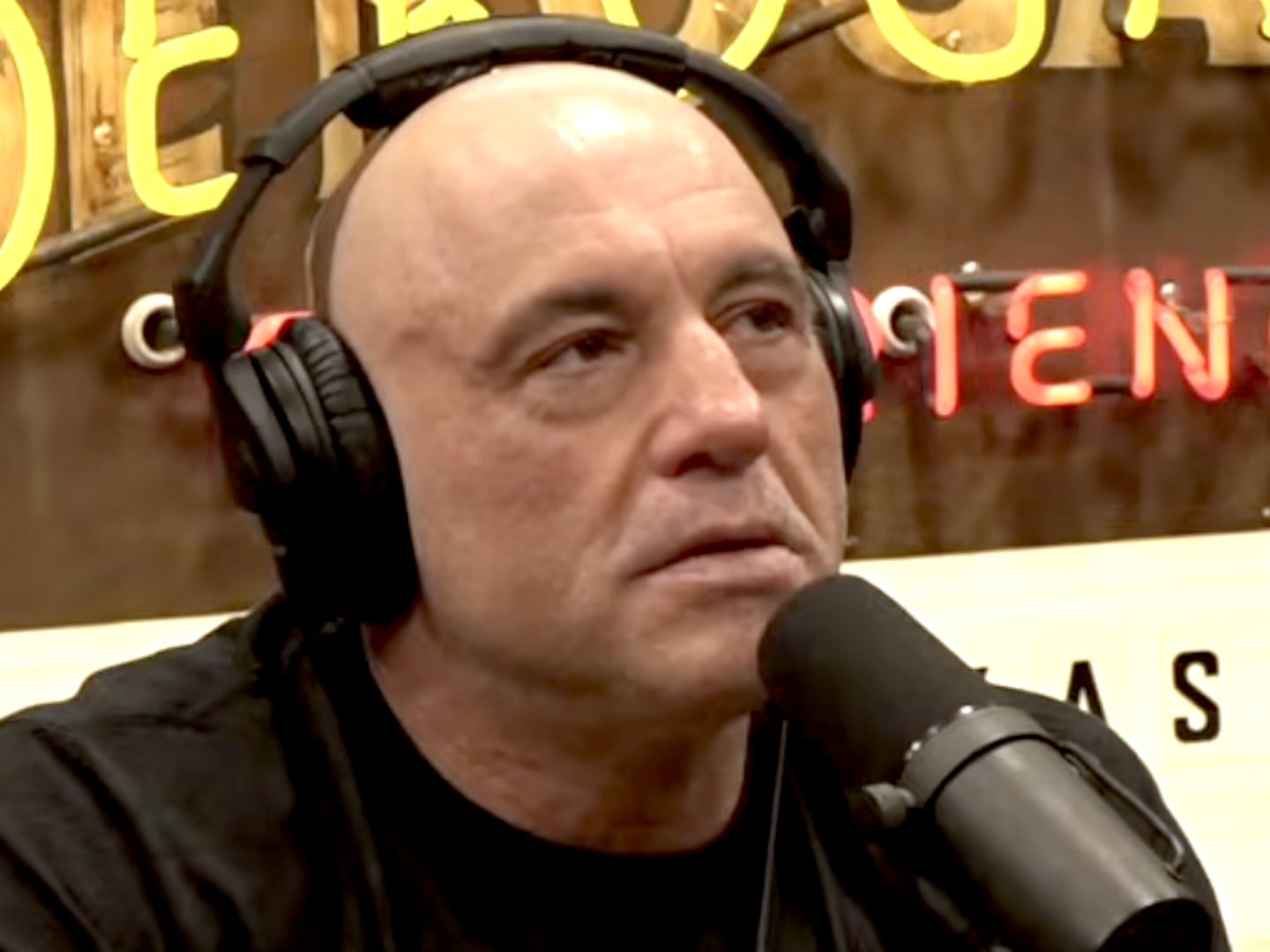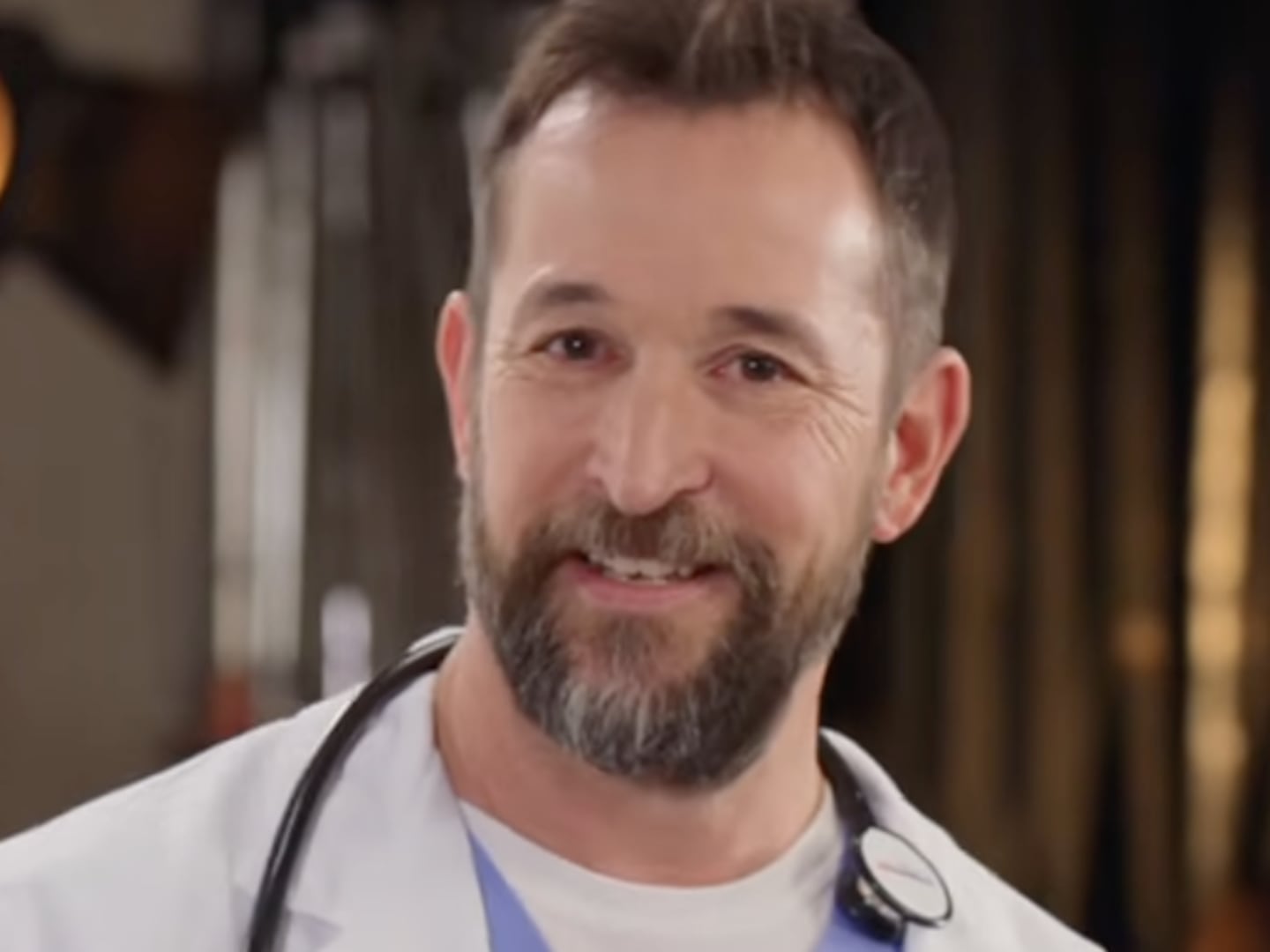Coss Marte spent his six years in prison preparing for life on the outside, even when he didn’t realize it. When Marte’s sentence began, he was heavy-set, with life-threatening cholesterol issues. In jail, men tended to work out a lot. Older guys would pass the time by teaching their younger counterparts exercise routines in exchange for commissary goods. If incarceration was going to jeopardize Marte’s future, he decided he wouldn’t let his health do the same.
Marte, a former drug dealer, came out looking like Adonis, fit, handsome, and determined to build a better reality for himself. With relentless hustle, he launched a fitness studio in downtown New York City, near the spot where he was arrested. Conbody, as it’s called, hires former inmates as trainers, making it a sort of re-entry program that helps employees stay on their feet. The classes offered are the opposite of the clubby gyms meant to lure upscale clients in big cities: no deluxe equipment or smoothie bars—just your own body and a friendly instructor coaching you through circuit training. In 2017, after Marte spoke at an entrepreneur convention, Conbody signed a high-profile deal with a Saks Fifth Avenue initiative that sold wellness resources.
The stories of Marte and the other rehabilitated Conbody trainers are the core of a six-part docuseries that premiered this week at the Sundance Film Festival. Conbody VS Everybody is a moving, and often quite charming, look at individuals who refuse to let their criminal records brand them with a scarlet letter. The series has A-list credentials, too: Debra Granik, the Oscar-nominated director of Winter’s Bone (the movie that launched Jennifer Lawrence's career) and Leave No Trace, directed it.
Granik spent eight years, on and off, trailing Marte as he built up Conbody and celebrated milestones. She’d been researching a scripted film about an East Baltimore woman reacclimatizing to society after leaving prison when she decided she’d be better off focusing on New York, where she lives and works. Producer Matthew Wolf recommended Granik attend a re-entry seminar, where prisoners are tutored on how to find legitimate professions. There, Granik met Marte, who later introduced her to his Conbody comrades.

A photo still from Conbody VS Everybody
Courtesy of Sundance Institute“What the general public doesn't know is that re-entry is very arduous,” Granik tells The Daily Beast’s Obsessed. “The receiving society doesn’t necessarily want to let people back in in a way that is sustainable. There’s a binary system of, ‘Are you good or are you bad?’”
More than 650,000 Americans are released from state and federal prisons every year. Roughly two-thirds of them will be arrested again within three years, according to the U.S. Department of Justice. Those on the outside, Granik learned, use a five-year benchmark as their “holy grail.” If someone stays out of jail for that long, their likelihood of returning is extremely low. Those statistics gave Granik the series’ structure. She would stay with Marte until he crossed the five-year line. But then the other participants she’d met would inch closer to their five-year thresholds, and she wanted to feature those achievements, too. “It became compelling, against every budgetary concern in the world, to continue filming,” Granik says. She ended up with 400 hours of footage.
Along the way, current events provided further texture. Granik was embedded with Marte when Black Lives Matter protests first broke out, and also when the COVID-19 pandemic forced Conbody to go virtual. (The studio found even more success that way. It currently offers as many as 10 classes per day and sells merchandise. Marte, who attended the Sundance premiere, now has 18,000 Instagram followers.) Granik documented Marte’s brother, Christopher, during his successful city council campaign in 2021. While out canvassing in one Conbody VS Everybody scene, Coss promises a prospective voter that Christopher is “more like Bernie Sanders than Donald Trump.”
Initially, Granik planned to showcase a variety of re-entry programs, including one in Harlem. But that left the project feeling unfocused, so she narrowed in on Conbody. “It was the fact that Coss wanted to build this family—and that he wanted to include women in the family,” she says about what drew her to him. “Narratively, it was magnificent.” Granik, always quick with a literary reference, compares the experience of leaving prison to Odysseus journeying home in The Odyssey. There are temptations and detours along the way, but completing the trek ends with reward.

A photo still from Conbody VS Everybody
Courtesy of Sundance InstituteAs Granik awaits the next chapter for Conbody vs. Everybody, which is seeking a distribution deal out of Sundance, she’s left with the same questions that many documentarians of late have posed. What ethical responsibility does she have to the people who gave their time to this series?
Granik is aware that some skeptics will wonder why a white woman with Hollywood qualifications felt she was the right person to capture this story. But Granik is a devoted chronicler of the working class. Her fiction features explore poverty, addiction, and patriarchy, and her thoughtful 2014 documentary Stray Dog focuses on a troubled Vietnam veteran who loves tiny canines. Granik is currently adapting Barbara Ehrenreich's influential nonfiction book Nickel and Dimed: On (Not) Getting By in America, a dissection of welfare and the working poor.
“I don’t feel good living in a country that practices mass incarceration,” Granik says. “Criminal justice reform is also my issue because I am a citizen. I am somebody who gets the good end of the stick frequently, sure, but should I not care about the person that gets the other end of that stick? It’s a privilege to have a camera. So bring your camera to the right place and do something meaningful with it.”






